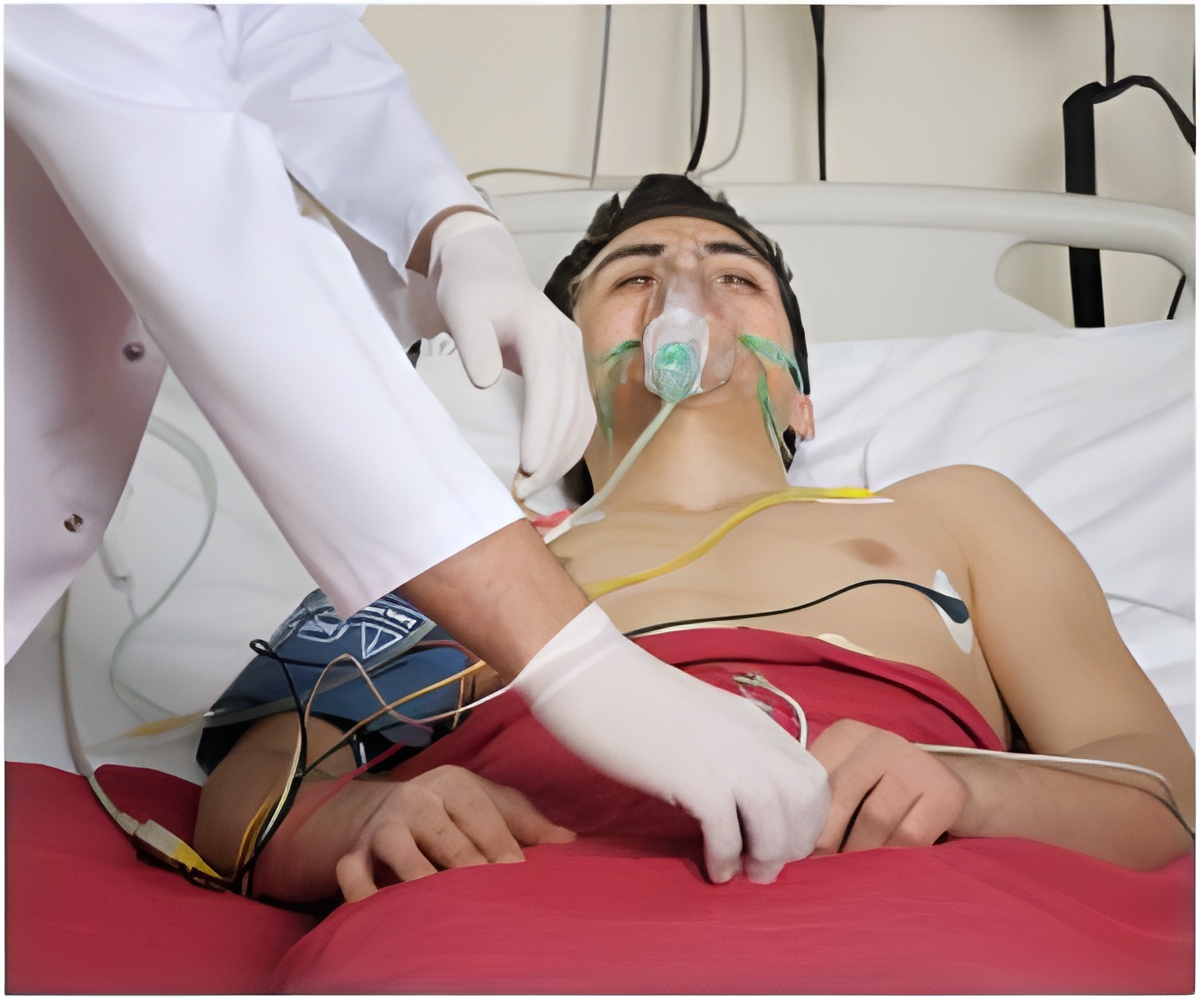
‘The use of vasoactive medications was associated with a risk greater than three-fold in the increasing odds of developing weakness. Every day that a patient received a vasoactive medication, the odds of developing weakness increased by 35 percent was also found.’
Tweet it Now
Patients with shock, a life-threatening condition causing a decrease in blood flow to the body, often require treatment with vasopressor medications that raise the blood pressure and restore blood flow to vital organs."Survivorship from critical illness is improving; however, patients often inherit many burdens including severe persistent weakness. In order to work towards improving long-term outcomes of critical illness, it is imperative to first improve our understanding of why patients develop weakness, specifically whether it is solely due to the underlying illness or if the treatments provided during the course of critical illness also play a role," explained lead investigator Krysta S. Wolfe, MD, of the University of Chicago, Department of Medicine, Section of Pulmonary and Critical Care, Chicago, IL, USA.
Dr. Wolfe and co-investigators conducted a retrospective analysis of data from two clinical trials that studied the effects of engaging in early versus late physical and occupational therapy on functional outcomes and the development of weakness, focusing on 172 mechanically ventilated patients, some of whom experienced shock. Of these, 80 demonstrated ICU-associated weakness when discharged from the hospital.
The researchers found that the use of vasoactive medications was associated with a greater than three-fold increase in the odds of developing weakness. Every day that a patient received a vasoactive medication, the odds of developing weakness increased by 35 percent.
To better understand how vasopressors might be causing weakness, the researchers divided the data according to whether the patients received vasopressors that stimulate beta-adrenergic receptors (norepinephrine, epinephrine, dopamine, and dobutamine) and those that do not (phenylephrine and vasopressin). They found only vasopressors that stimulate beta-adrenergic receptors were associated with weakness. In fact, the incidence of ICU-associated weakness increased along with the cumulative dose of norepinephrine, but not with vasopressin or phenylephrine.
Advertisement
The findings also suggest that noradrenergic vasopressors may not be the best choice for patients at heightened risk of ICU-associated weakness. The investigators recommend that the potential connection between vasopressors and weakness after critical illness merits further investigation.
Advertisement










